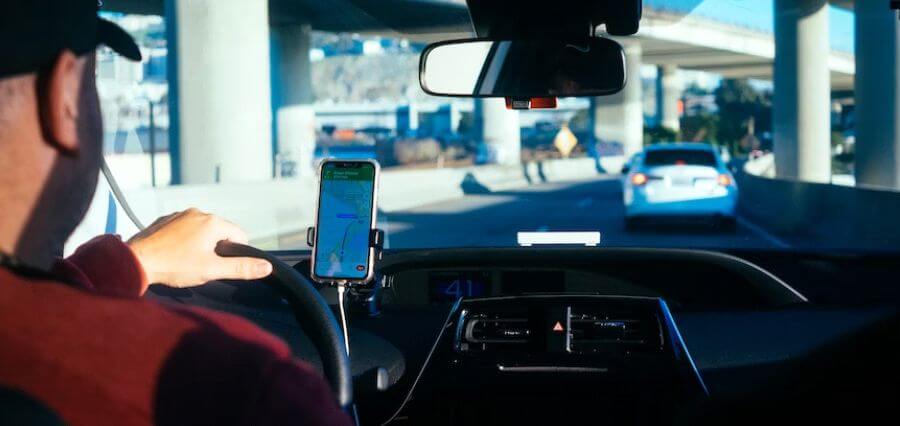With the global transport industry expected to grow up to 1,804.49 billion by 2029, it’s no wonder why you joined the transportation business industry. However, with this vast market comes immense competition. To stay ahead in this competitive industry, you must research properly and avoid making errors that can set back your business. Here are four things you must avoid as a new transport business owner to survive in this industry.
1. Underestimating Costs
It’s common to underestimate running costs when starting a business. Not correctly budgeting and arranging funds can make your business fail. Here are a few common expenses to forecast and keep track of.
- Licensing
- Vehicle Acquisition
- Permits
- Insurance
- Vehicle-related costs and maintenance
- Marketing for your company
- Fuel for running the vehicles
- Staffing and training the drivers
- Renting/leasing property for the office and warehouse to store the company vehicles
One of the major costs you might underestimate is insurance. Accidents and property damage can happen anytime, so it may sound like a difficult task and overcharge to cover every driver, passenger, and item you deliver, but it is essential to get these insured. Not having adequate insurance can leave you vulnerable to financial loss.
Even if you own personal insurance, you should consider getting commercial auto insurance since a personal auto insurance policy for enhanced coverage. Get general liability insurance to fill in the gaps in scenarios where you don’t have a specific policy requirement. All of these costs can add up, so be realistic with your budget and ensure you have enough to cover all the expenses.
2. Neglecting Regulatory and Legal Compliance
If you don’t keep up with filling the legal and regulatory requirements, you can get fines, penalties, or, worst case scenario: the closure of your business. For example, if your company works in freight management or operations, then the Department of Transportation has a list of specific requirements you should follow.
Some businesses need permits to cross specific roads or bridges. You must also research the laws and rules of neighboring locations and states if your business transport has to cross any. Here are other licenses or permits you may need to run your transportation company.
- Commercial Vehicle Registration for fleet vehicles
- Permits for heavy cargo or load
- License for fuel carrier
- Commercial driver’s license (CDL)
You can also consult a legal expert to ensure you’re on the right track.
3. Poor Vehicle Maintenance
Cars must be maintained regularly; neglecting them can result in breakdowns, damaged business reputation, and accidents. Make a proper vehicle maintenance schedule and ensure all your vehicles are inspected and serviced.
You can make a plan by deciding a time after the maintenance should take place, like weeks or months. Then list all the parts that need to be cleaned or maintained, like mirrors and balancing, and a list of all the parts that need to be replaced, like engine oil and brake fluid. You need to decide who takes the car for maintenance, like the car driver. Record all the results of which items were replaced or any fixed issues to calculate the future costs needed to maintain the vehicles. Maintaining your vehicles will extend their lifespan and ensure your driver’s and passengers’ safety, protecting you from future lawsuits.
4. Not Keeping Up With Technology and Innovation
Your business will be severely disadvantaged if you don’t keep up with the technology and new advancements in the transport world. Stay updated with industry trends and invest in modern technology. Online booking, GPS software, and Fleet management software can help you streamline operations, provide improved customer experience and improve the efficiency of your business. If you transport passengers, you can make an online app that has waivers that the passengers should sign to protect you legally in accidents or misunderstandings.
Endnote
As a new business owner, you must avoid some mistakes to prevent your business from failing. Do not underestimate the costs of running a transportation business and consider all the costs, including licensing and permits. Research and fulfill all legal requirements to avoid paying fines. Insure every part of your business, including commercial auto insurance, to cover you in the case of an accident.
Regularly maintain your vehicle to prevent it from breaking down and increasing its lifespan. Incorporate contracts and waivers in all transactions to protect you legally and know what to expect in a job. Keep up with innovations and technology to stay afloat in this modern industry.
| Read More: https://insightssuccess.com/ |


